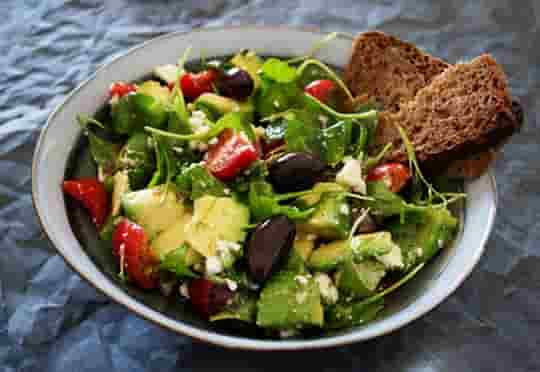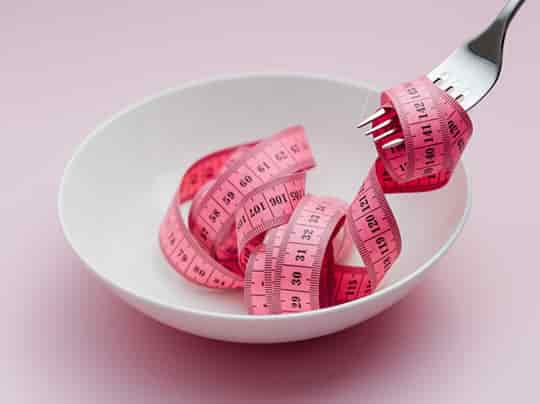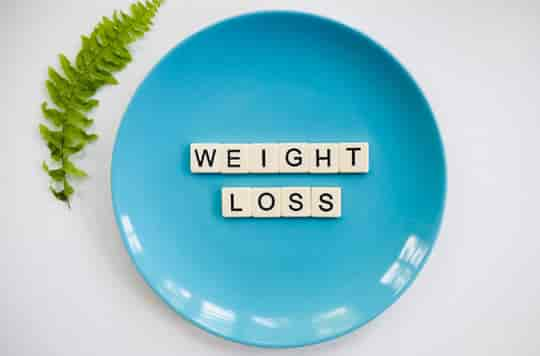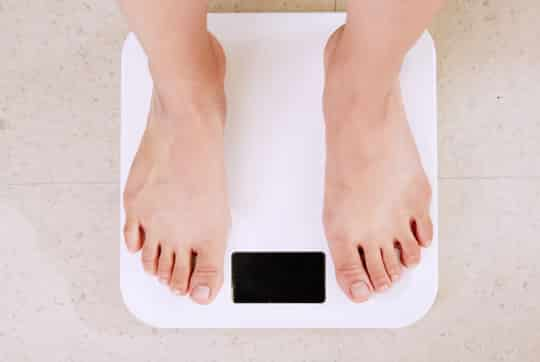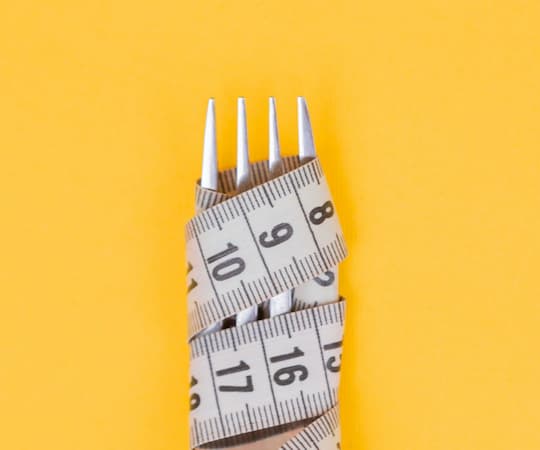As NAFLD treatments are limited, scientists looked into whether diet and exercise can improve patients’ lives.
Five days a week of alternate-day fasting along with exercise for three months is a good treatment for non-alcoholic fatty liver disease (NAFLD), a study reveals.
Nutrition researchers compared the effects of fasting or exercise alone with alternate day fasting and exercise.
Patients with NAFLD who were also obese saw significant improvements in their health after following a 3-month alternate-day fasting diet with moderate-intensity aerobic exercise.
Their diet plan consisted of 500 calories a day and eating with no restrictions next day along with five hours aerobic exercise every week.
Participants experienced reductions in weight and waist circumference, improvements in insulin sensitivity, reduced fat in the liver, and decreased alanine transaminase (an enzyme in the liver and a marker of liver damage) levels.
Warning signs of NAFLD
Accumulation of fat in the liver can cause non-alcoholic fatty liver disease (NAFLD), a condition seen in overweight or obese people.
NAFLD is not caused by alcohol, but if untreated could lead to cirrhosis resembling the liver damage from too much drinking.
NAFLD patients are more likely to develop insulin resistance and type 2 diabetes, also many obese adults have this condition.
The condition if not treated can lead to more serious issues such as inflammation, fibrosis, cirrhosis, and liver failure.
The warning signs appear when it progresses to non-alcoholic steatohepatitis (NASH) or fibrosis in which the liver has become inflamed.
A person with NASH may feel:
- extremely tired,
- fatigued,
- a pain in the top-right of the belly over the lower-right side of the ribs,
- and losing weight for no reason.
Diet and exercise
As NAFLD treatments are limited, scientists looked into whether diet and exercise can improve patients’ lives.
Professor Krista Varady, the study’s co-author, said:
“When we compared the results of our study groups, we saw clearly that the most improved patients were in the group that followed the alternate-day fasting diet and exercised five days a week.
The people who only dieted or only exercised did not see the same improvements, which reinforces the importance of these two relatively inexpensive lifestyle modifications on overall health and on combating chronic diseases like fatty liver disease.”
The authors highlighted:
“Our findings also indicate that the combination intervention was effective for reducing body weight, fat mass, waist circumference, ALT, fasting insulin, insulin resistance, and increasing insulin sensitivity, among patients with obesity and NAFLD, versus controls.”
Avoiding drug side-effects
Besides improvements of metabolic indicators, alternate day fasting and exercise appeared to be safe thus the authors think it is a good option for those who want to overcome NAFLD without taking drugs that have side-effects.
Professor Varady said:
“Alternate-day fasting and exercise interventions can be difficult for people to stick to and in prior studies we have seen significant dropout.
It was very interesting to see that in this trial we had very high adherence to the interventions.”
Foods and beverages containing alcohol or sugar can aggravate the condition, so the advice is to limit intake.
Related
- Drinking any type of coffee — no matter if it is caffeinated or decaf, instant or ground coffee — has been linked to lowering the odds of liver disease and related liver problems.
- The Mediterranean diet has been shown to protect subjects from non-alcoholic fatty liver disease (NAFLD).
The study was published in the journal Cell Metabolism (Ezpeleta et al., 2022).

